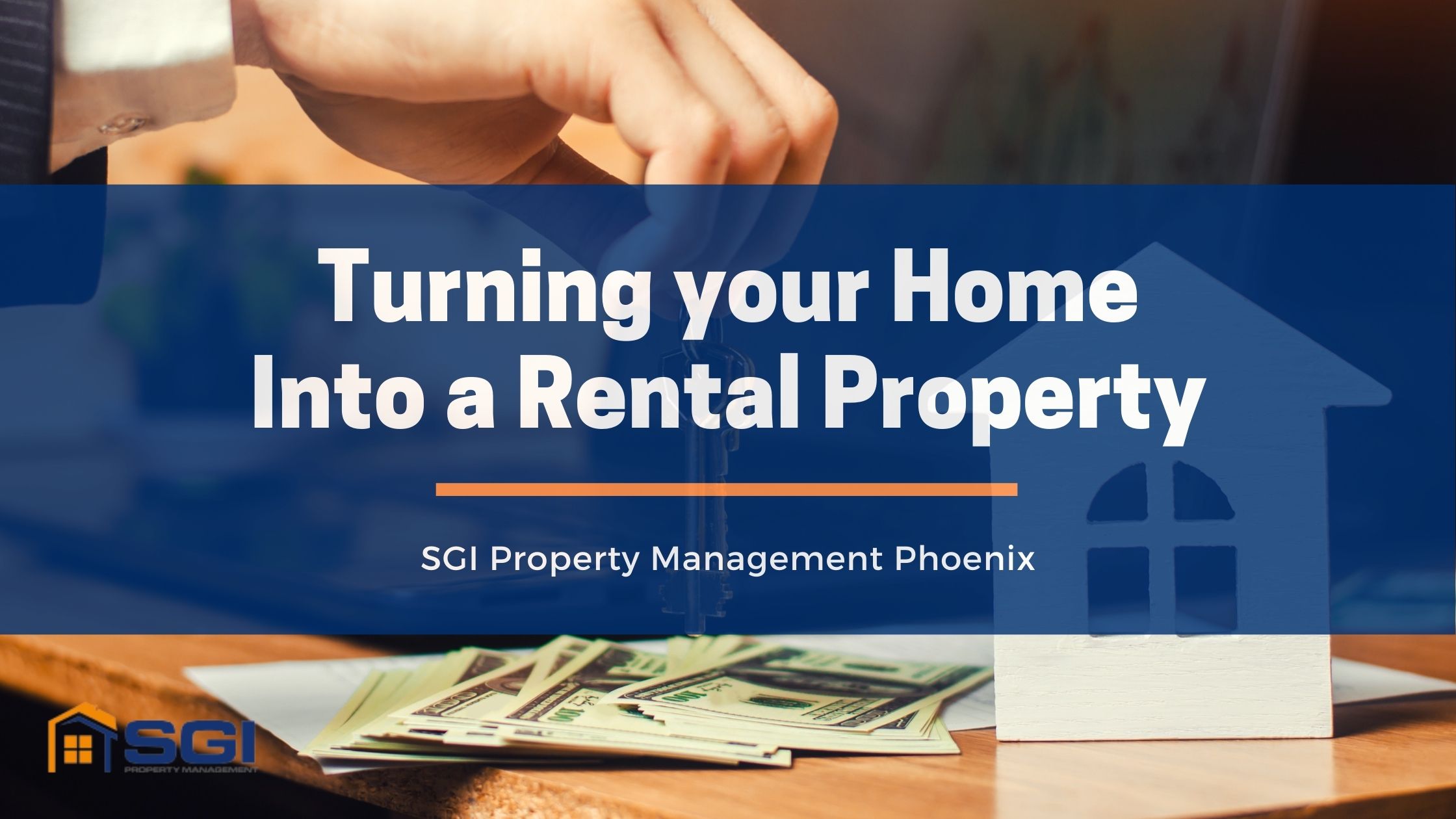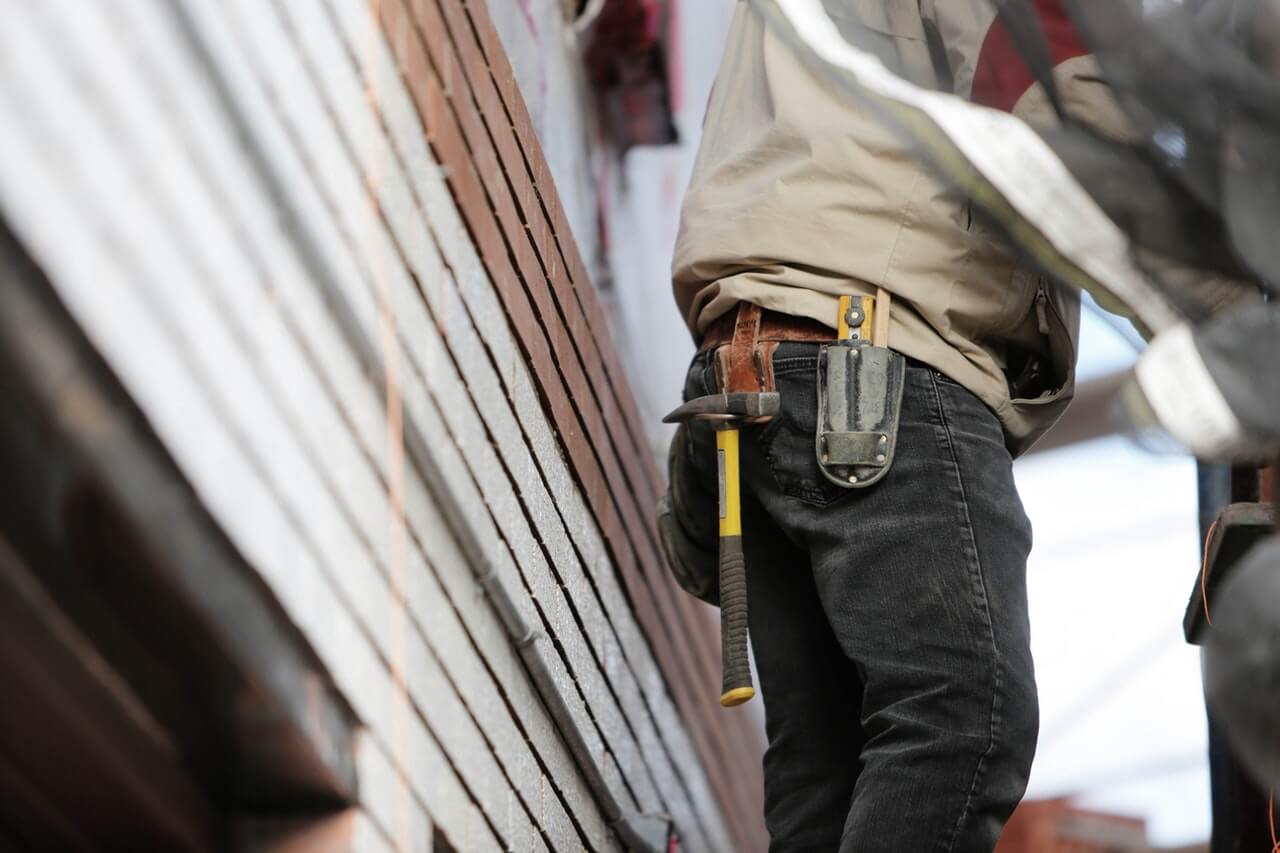
Do you want to earn rental income and grow long-term personal wealth?
Owning a rental property creates the potential for extra income. Your investment may even grow in value throughout the years. Turning your primary residence into a rental could be a financially lucrative life decision.
While owning a rental is a great way to make passive income, it’s important to understand all the necessary steps to reach maximum success when converting your home into a rental property.
In this post, we outline our top tips to make the most out of your decision.
1. Get the Compulsory Permits
Converting your private residence into a rental property likely means that you’ll need to obtain local government permits.
Typically, a representative will visit your home and make sure the heating, electrical system, and other key components of your rental abide by the locality standards.
This guarantees the safety of your renters.
2. Take Care of Serious Problems
You need to make sure that the provided living space is fully functional and up to the standards. If you have any serious deficiencies, you’ll need to repair the problem areas to restore the minimum working order.
Hire a professional home inspector to uncover all the note-worthy issues in your home. Then, analyze the inspector’s report to determine the necessary repairs.
Although these repairs will lead to expenses, you’ll save money on long-term costly fixes if you conduct the repairs early.

3. Change Your Insurance Policy
The insurance for your primary residence isn’t valid for a rental property. You need to make a switch from your standard homeowner’s insurance to a landlord’s insurance. This procedure is straightforward and quick.
These two insurance policies have different prices. You can expect the new insurance policy to cost more than the previous one. Usually, for the landlord’s insurance, you can expect to pay a premium of about 20% compared to the homeowner’s policy. The exact price is determined by a host of variables.
These are the top factors that could shape your insurance plan’s pricing policy:
- What is the total number of rental units that you are self-managing?
- How old is your rental?
- What type of rental do you own: short-term or long-term property?
- Where is your rental property located?
An important point to consider is that the landlord's insurance fails to cover the tenant’s personal property. Your tenants are going to need renter’s insurance in order to protect their personal belongings. In the case of floods or fires, their renter’s insurance is going to cover the financial setbacks.
4. Weigh the Pros and Cons of Professional Property Management
Are you planning to move far away from your home after converting it into a rental property? Consider the benefits of hiring a professional property management company. An experienced team of dedicated professionals could help you reach your rental goals.
Reliable property managers will tackle all the challenges of being a landlord. Among other things, they can…
- Draft solid lease agreements.
- Provide efficient rent collection.
- Take care of all the associated paperwork.
- Conduct regular upkeep and repairs.
- Support you with any legal issues.
Professional property managers will provide ongoing support and services connected to evictions. However, keep in mind that partnering with professionals will minimize the need for evictions in the first place.

5. Take Care of Your Mortgage
All mortgages have a statement attached to them that show how long you are required to utilize the home as your primary residence. In most cases, this time period ranges between one to two years.
As a property owner, you can’t turn that primary residence into a rental property before the time period finishes. Ignoring this clause could lead to mortgage fraud charges.
6. Study the Legal Situation Regarding Taxes
Your tax situation is going to change after turning your primary residence into a rental property. The best approach here is to discuss your unique situation with a professional in the legal field.
Any income you receive from your rental property is taxable. That’s why it’s essential to learn how your tax rate could change after making the switch. Remember that you could have certain benefits from this new situation that weren’t available to you before.
Here are some of the tax deductions that you could benefit from:
- Property taxes
- Utilities (but only if you are paying for them yourself)
- Landlords insurance
- Your mortgage interests
- HOA fees (if relevant to your situation)
- Costs directly tied to rental repairs
In a Nutshell: Turning Your Home into a Rental Property
Converting your primary residence into a rental means that you could earn passive income, in addition to your day job. The boost in your regular cash flow could increase your long-term wealth.

However, there are some things that you should note before making a big change. Have a look at some of the practical steps that you could take:
- Conduct the basic repairs and maintenance before advertising your property.
- Ensure you are legally complying with your mortgage contract terms.
- Find out which permits you need from your locality and obtain these.
- Talk to a property management company and learn about the potential perks of working with one.
For more information, contact SGI Property Management Phoenix









